Ian Fleming, The Complete Man
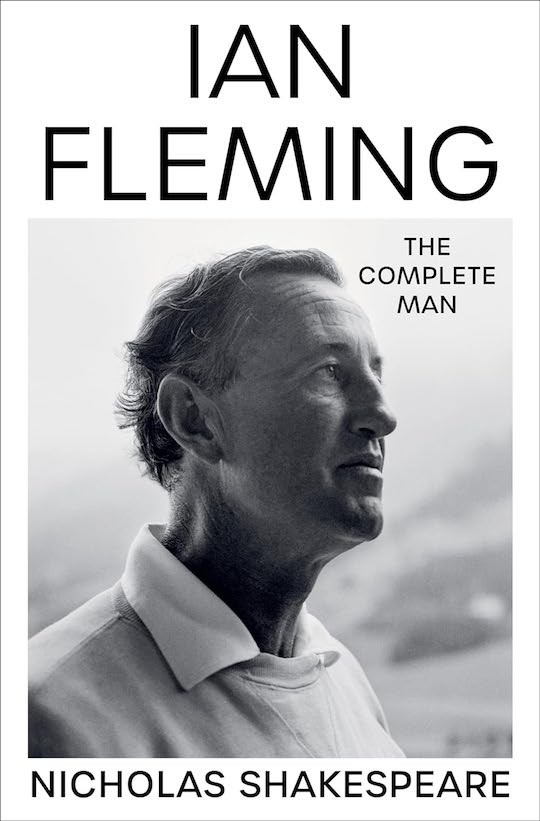 by Nicholas Shakespeare
by Nicholas Shakespeare
“He broke the taboos of our time but not of his own, carrying on as if it were wartime—which perhaps, for Fleming, his life always was. For all his undeniable shortcomings, he was an unfailingly intriguing character who, as Leiter herself had been swift to recognise, was more than capable of being sympathetic, funny, vital, humane: of glowing. If he was not an unblemished paragon like his father, a war hero, neither was he the unpleasant, frivolous second son I had imagined. As in the story of the squid and the reassessment it begs, the new material—unpublished letters and diaries, declassified files, previously uninterviewed witnesses—sets off Fleming and his life in a new light that leads to new conclusions about the man.”
We are using an uncommonly lengthy excerpt to better represent the fulness of thought this complex biography of a complex man is bringing to bear. It’s not only its length, more than 850 pages including an extensive apparatus, but its precision that makes it magisterial. That its author is not only a seasoned biographer but also a novelist only sharpens the spear.
The biography proper is preceded by a Prologue that begins at the end, the funeral of Ian Lancaster Fleming (1908–1964). On a mere three pages it introduces key themes—fraught family dynamics across generations, and complicated people—but it also shows off the feature that sets this book apart from any other: “full access to family papers that had not been seen before.”
Let’s start with the assumption that you know who or what this particular Fleming (“I am no relation of any medical Fleming—not even of Sir Alexander”) is most known for: the fictional secret agent persona of James Bond whom he created fairly late in life, at age 44. If your interests lie elsewhere you may recognize him as the author of the children’s story Chitty-Chitty-Bang-Bang (there are also two works of nonfiction).
American film producer Albert Broccoli is quoted as saying, “More than half the world’s population has seen a James Bond film.” If that means you, you must have wondered if that very specific character bore any biographical traits of this creator who, after all, had himself been a real-life Naval Intelligence officer. The novels, which are so much more crass in the language they use and the worldview they portray, are a more unfiltered expression of the writer than any movie, and thus could not have failed to leave a sour taste of a man who surely must be an unpleasant fellow. In other words, you probably have an opinion, or, to put a finer point on it, a prejudice. Nicholas Shakespeare certainly did, seeing both Fleming and Bond as “caricatures.” Which is what makes this book the best of books: a journey of discovery, for the writer and by extension the reader.
Shakespeare did not jump with joy when the Fleming Estate approached him to write a new biography. In the very long and very good Introduction he recalls his reaction as “weary,” knowing full well that the topic had been explored by eminently capable colleagues, the earliest and first one dating to 1966 (John Pearson’s Life of Fleming) and the latest to 1995, Andrew Lycett’s Ian Fleming. But, Pearson writing so soon after Fleming’s death, and being on friendly terms with the man’s widow, was constrained by “family sensitivities” and neither he nor Lycett would have had access to Fleming’s classified war records so . . . before saying yay/nay, Shakespeare stuck his toe in the water—and discovered that even the closest of friends (“‘Moody, harsh and withdrawn, habitually rude and often cruel.’” With friends like that, who needs enemies?) and folks who had studied the man and his work for decades (“‘There really are quite a lot of mysteries still unsolved.’”) came to wildly diverging conclusions. Shakespeare’s book does not and cannot button everything up neatly because Fleming was what just about anyone else is too: a different person with/to different people. In his case already from youth, which only became more pronounced as he found his place in life and especially as an intelligence officer, keeping his public and private personas compartmentalized.
One thing the book does establish firmly, based on newly available evidence, is that Fleming (unlike, say, fellow writers in the spy genre like Greene or le Carré) “played a singular part in the war that he could never talk about,” being one of less than 30 people, along with his brother Peter, cleared to view and act on the most secret of military intelligence.
You’ll have a bit of your own code-cracking to do if you’re not fluent with roman numerals: all the chapter numbers have them, which is quite uncommon. Chapter LXX is titled “Epilogues,” plural, also uncommon. It contains a series of wide-ranging vignettes, among which a lengthy one on son Caspar whose high-drama life and behavior so echoes his father’s.
From the first page to the last, this book is engaging, full of insight into the human condition, able to let ambivalence stand and never forcing a square peg into a round hole. There is no question that Shakespeare did indeed have “full access” and the Acknowledgments and Bibliography bear out that he consulted previous biographers, family, and friends. Endnotes, footnotes, a good Index, and 16 pages of photos round out the picture.
Copyright 2024, Sabu Advani (speedreaders.info).


 RSS Feed - Comments
RSS Feed - Comments



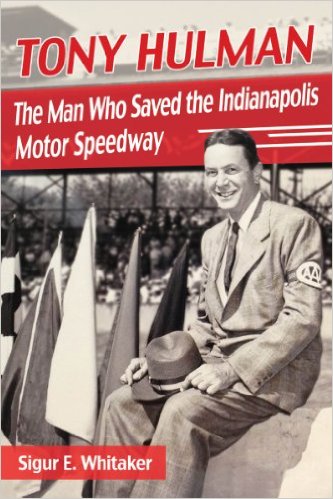

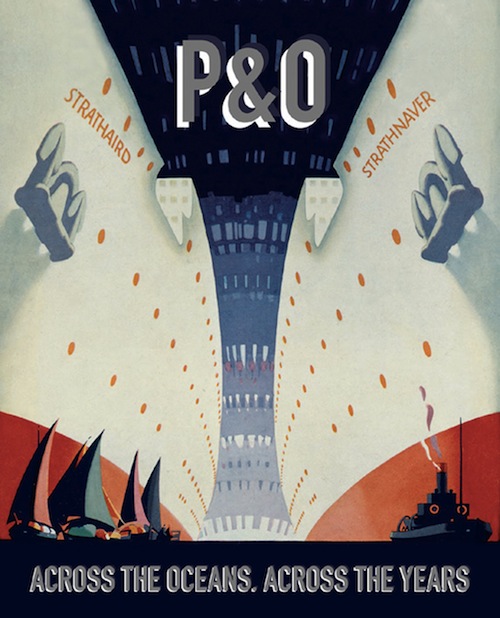


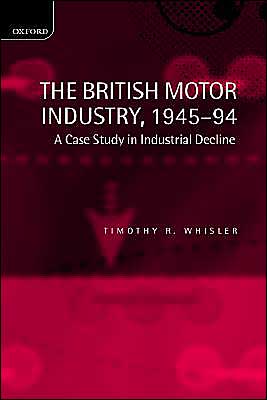
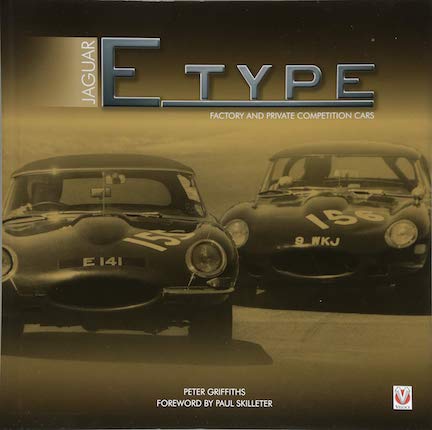

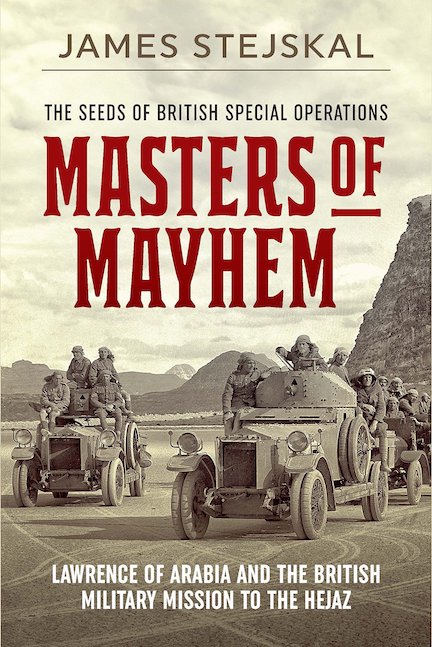
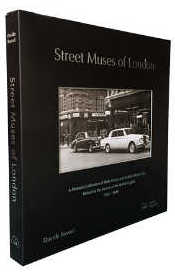



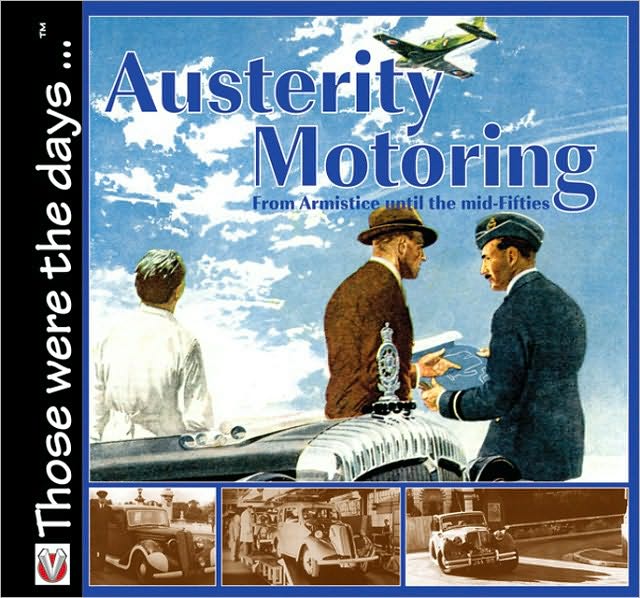
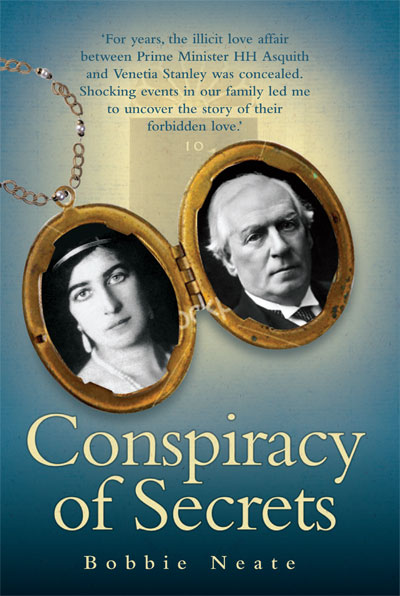
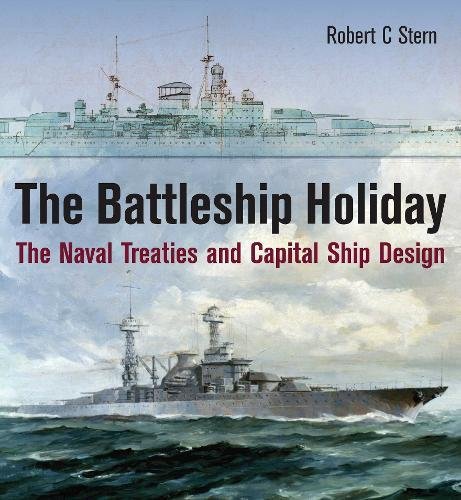
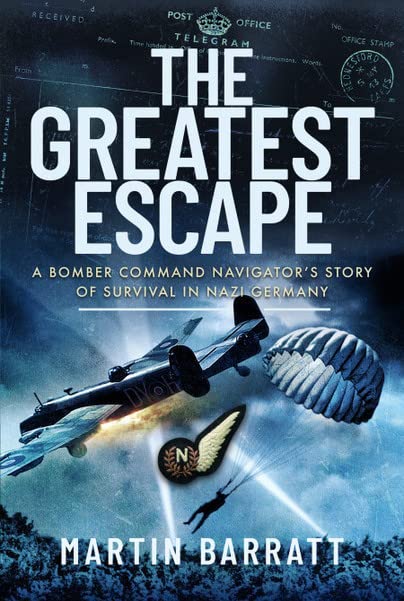






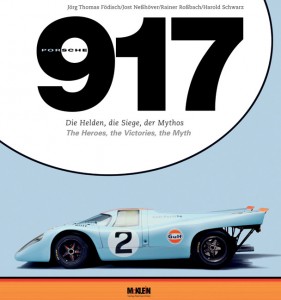






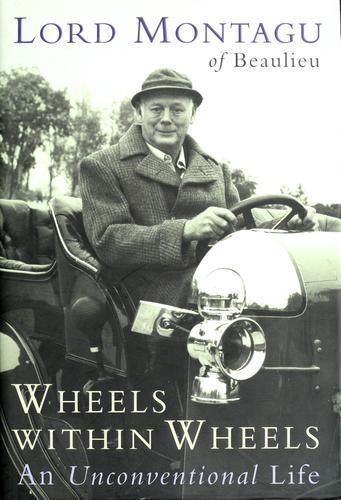



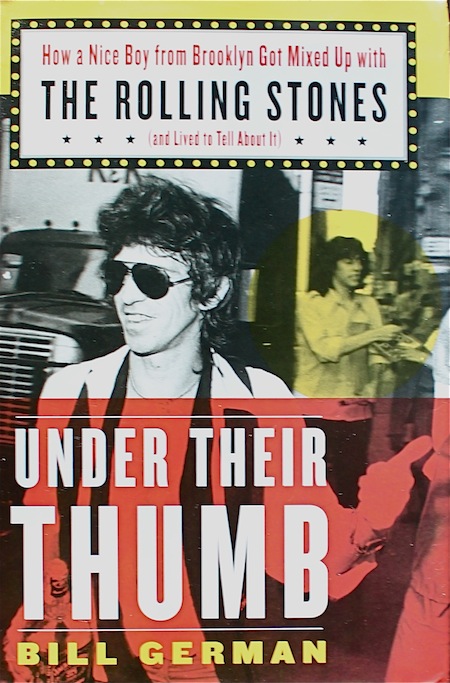


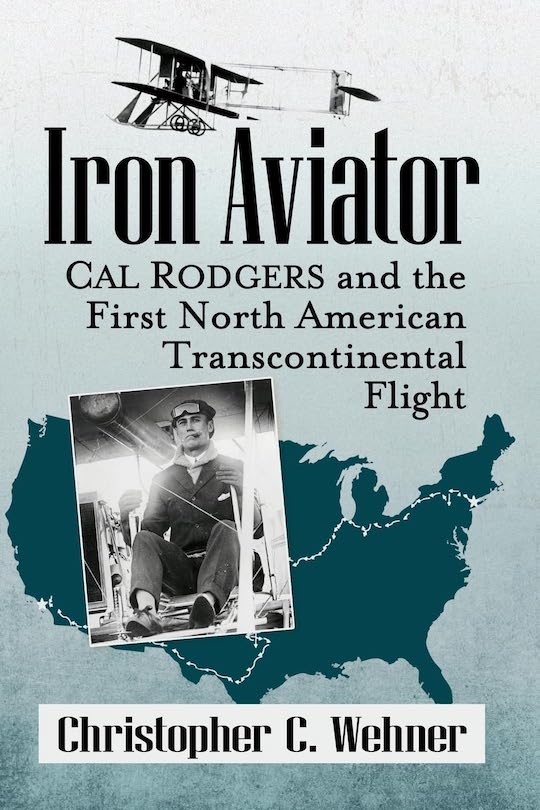


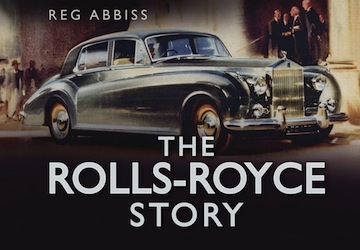

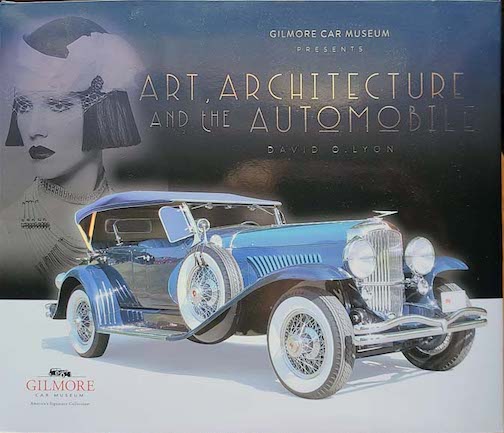

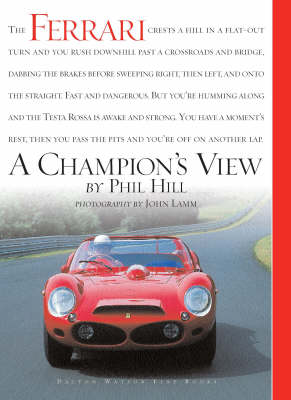

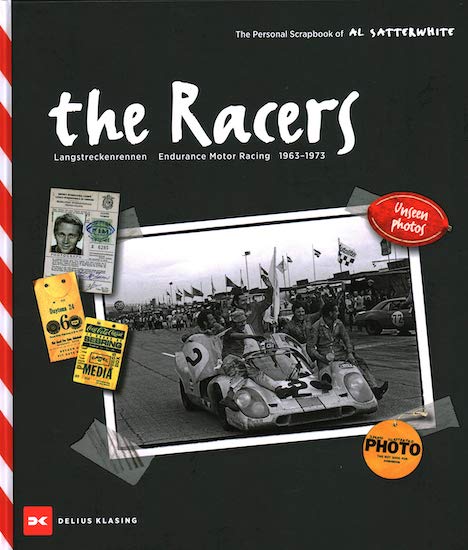





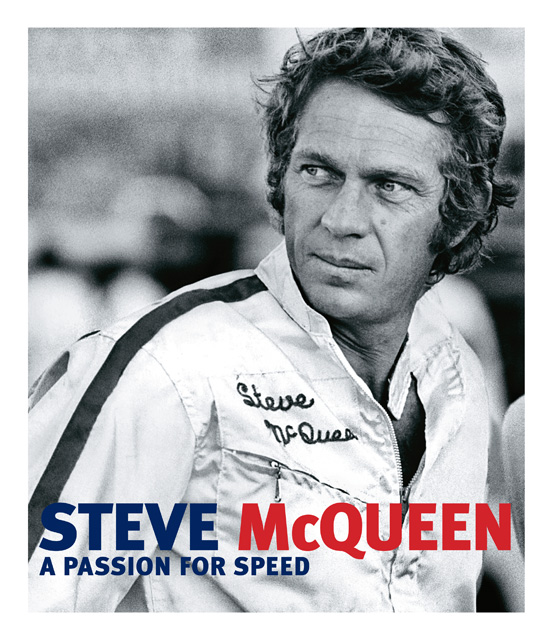



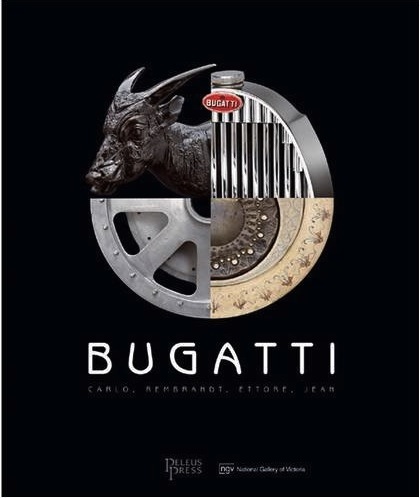
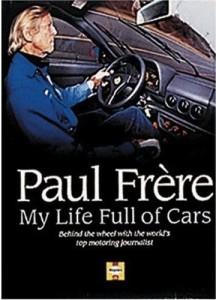

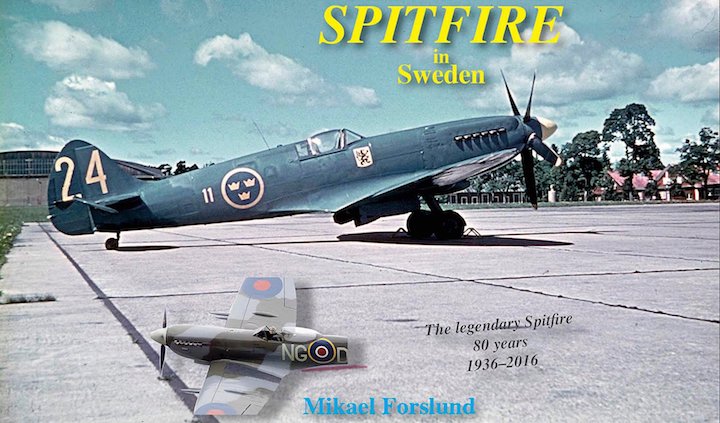







 Phone / Mail / Email
Phone / Mail / Email RSS Feed
RSS Feed Facebook
Facebook Twitter
Twitter